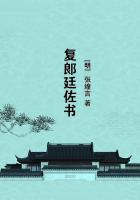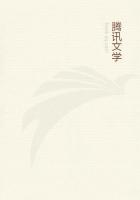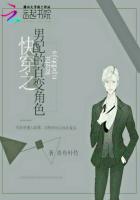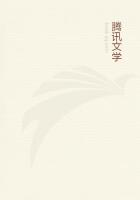Thus it turned out that of all his many educations, Adams thought that of school-teacher the thinnest. Yet he was forced to admit that the education of an editor, in some ways, was thinner still. The editor had barely time to edit; he had none to write. If copy fell short, he was obliged to scribble a book-review on the virtues of the Anglo-Saxons or the vices of the Popes; for he knew more about Edward the Confessor or Boniface VIII than he did about President Grant. For seven years he wrote nothing; the Review lived on his brother Charles's railway articles. The editor could help others, but could do nothing for himself. As a writer, he was totally forgotten by the time he had been an editor for twelve months. As editor he could find no writer to take his place for politics and affairs of current concern.
The Review became chiefly historical. Russell Lowell and Frank Palgrave helped him to keep it literary. The editor was a helpless drudge whose successes, if he made any, belonged to his writers; but whose failures might easily bankrupt himself. Such a Review may be made a sink of money with captivating ease. The secrets of success as an editor were easily learned; the highest was that of getting advertisements. Ten pages of advertising made an editor a success; five marked him as a failure. The merits or demerits of his literature had little to do with his results except when they led to adversity.
A year or two of education as editor satiated most of his appetite for that career as a profession. After a very slight experience, he said no more on the subject. He felt willing to let any one edit, if he himself might write. Vulgarly speaking, it was a dog's life when it did not succeed, and little better when it did. A professor had at least the pleasure of associating with his students; an editor lived the life of an owl. A professor commonly became a pedagogue or a pedant; an editor became an authority on advertising. On the whole, Adams preferred his attic in Washington.
He was educated enough. Ignorance paid better, for at least it earned fifty dollars a month.
With this result Henry Adams's education, at his entry into life, stopped, and his life began. He had to take that life as he best could, with such accidental education as luck had given him; but he held that it was wrong, and that, if he were to begin again, he would do it on a better system.
He thought he knew nearly what system to pursue. At that time Alexander Agassiz had not yet got his head above water so far as to serve for a model, as he did twenty or thirty years afterwards; but the editorship of the North American Review had one solitary merit; it made the editor acquainted at a distance with almost every one in the country who could write or who could be the cause of writing. Adams was vastly pleased to be received among these clever people as one of themselves, and felt always a little surprised at their treating him as an equal, for they all had education; but among them, only one stood out in extraordinary prominence as the type and model of what Adams would have liked to be, and of what the American, as he conceived, should have been and was not.
Thanks to the article on Sir Charles Lyell, Adams passed for a friend of geologists, and the extent of his knowledge mattered much less to them than the extent of his friendship, for geologists were as a class not much better off than himself, and friends were sorely few. One of his friends from earliest childhood, and nearest neighbor in Quincy, Frank Emmons, had become a geologist and joined the Fortieth Parallel Survey under Government.
At Washington in the winter of 1869-70, Emmons had invited Adams to go out with him on one of the field-parties in summer. Of course when Adams took the Review he put it at the service of the Survey, and regretted only that he could not do more. When the first year of professing and editing was at last over, and his July North American appeared, he drew a long breath of relief, and took the next train for the West. Of his year's work he was no judge. He had become a small spring in a large mechanism, and his work counted only in the sum; but he had been treated civilly by everybody, and he felt at home even in Boston. Putting in his pocket the July number of the North American, with a notice of the Fortieth Parallel Survey by Professor J. D. Whitney, he started for the plains and the Rocky Mountains.
In the year 1871, the West was still fresh, and the Union Pacific was young. Beyond the Missouri River, one felt the atmosphere of Indians and buffaloes. One saw the last vestiges of an old education, worth studying if one would; but it was not that which Adams sought; rather, he came out to spy upon the land of the future. The Survey occasionally borrowed troopers from the nearest station in case of happening on hostile Indians, but otherwise the topographers and geologists thought more about minerals than about Sioux. They held under their hammers a thousand miles of mineral country with all its riddles to solve, and its stores of possible wealth to mark.
They felt the future in their hands.
Emmons's party was out of reach in the Uintahs, but Arnold Hague's had come in to Laramie for supplies, and they took charge of Adams for a time.
Their wanderings or adventures matter nothing to the story of education.
They were all hardened mountaineers and surveyors who took everything for granted, and spared each other the most wearisome bore of English and Scotch life, the stories of the big game they killed. A bear was an occasional amusement; a wapiti was a constant necessity; but the only wild animal dangerous to man was a rattlesnake or a skunk. One shot for amusement, but one had other matters to talk about.

